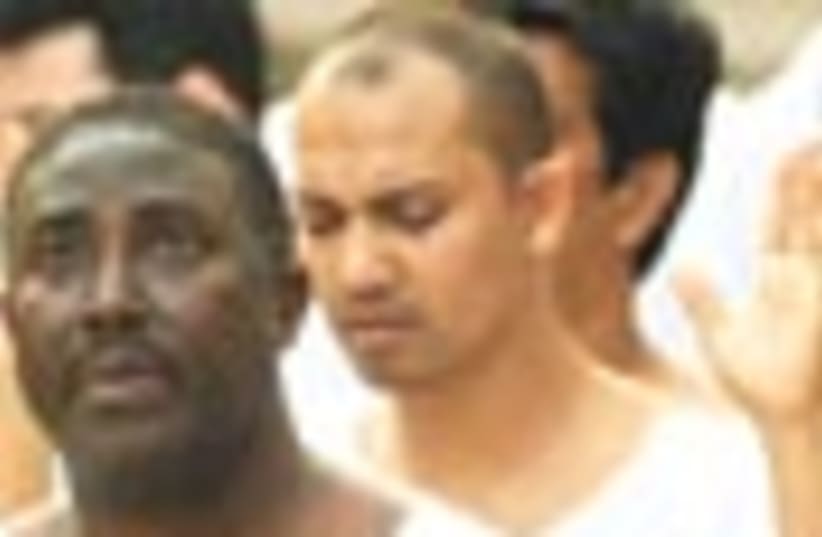| More about: | Oklahoma City, San Diego, San Antonio, Sea of Galilee |
Pilgrims' progress
Christians are flocking to the banks of the Jordan, and Israel is ready to embrace the spirit.


| More about: | Oklahoma City, San Diego, San Antonio, Sea of Galilee |